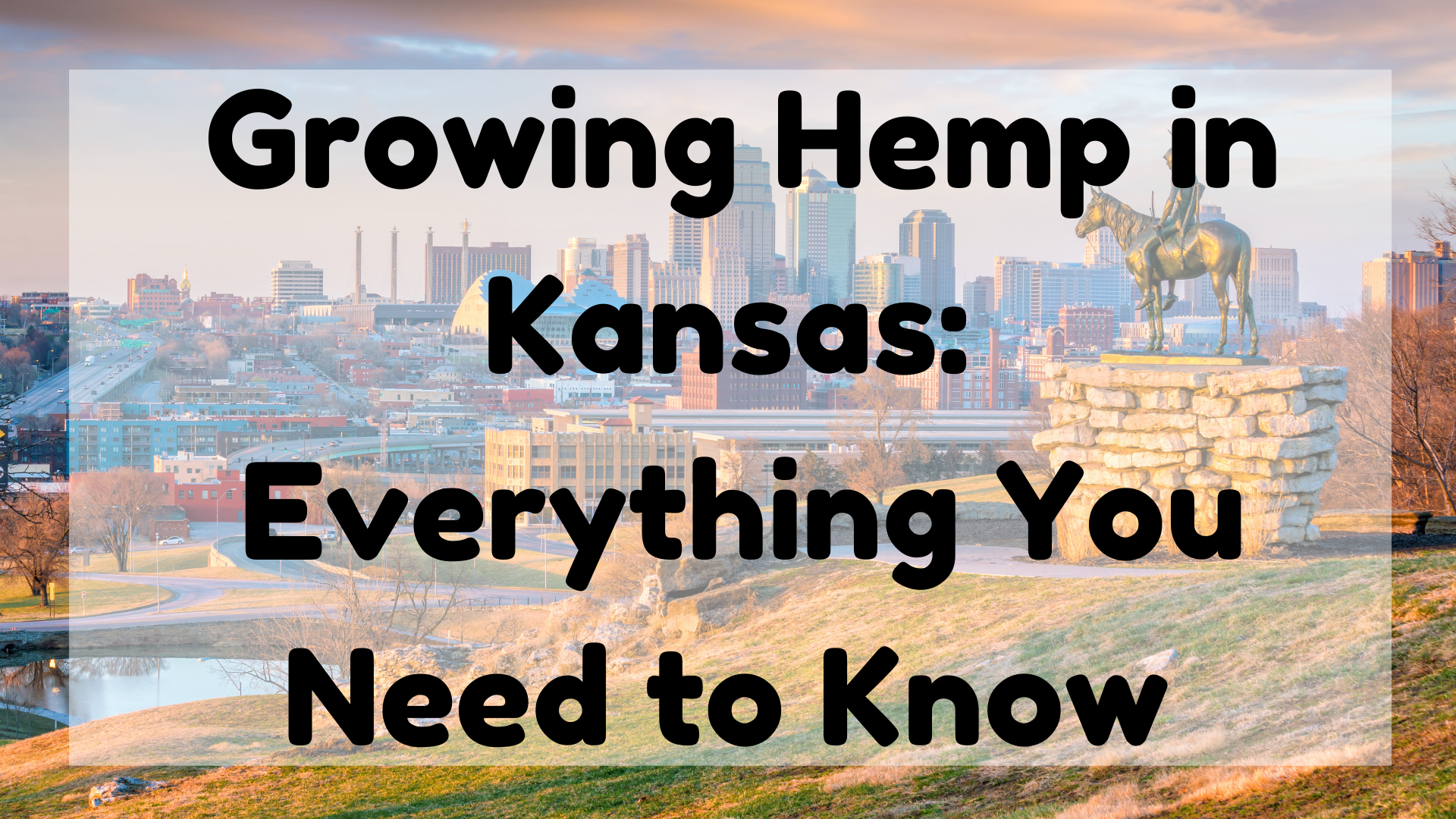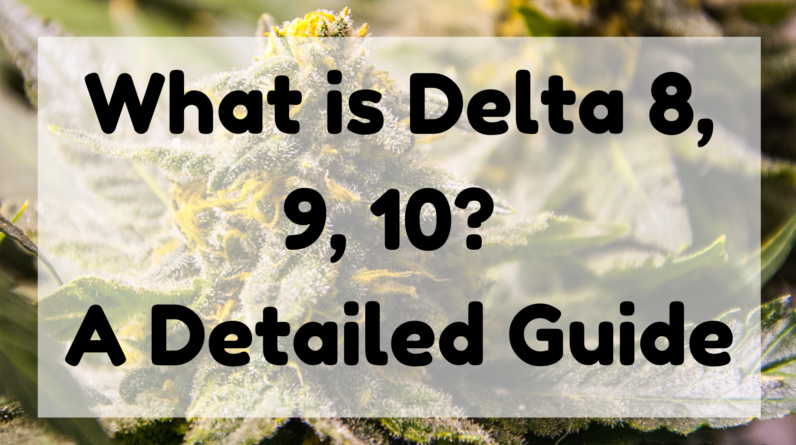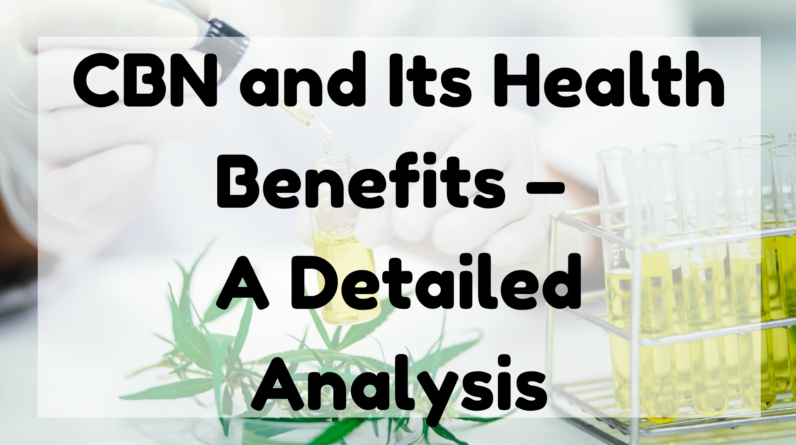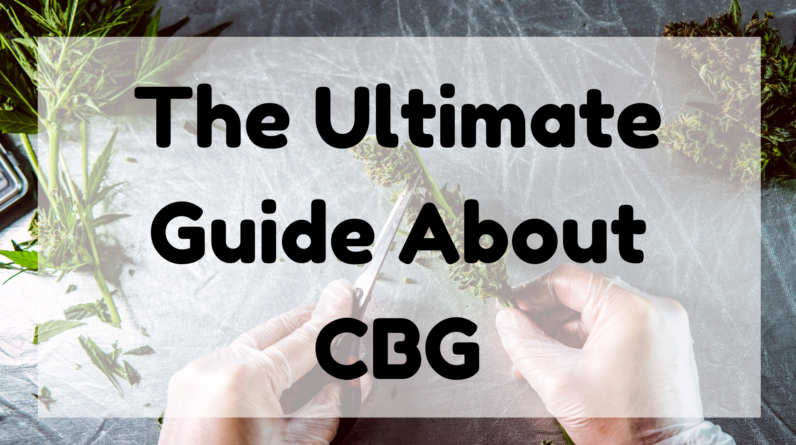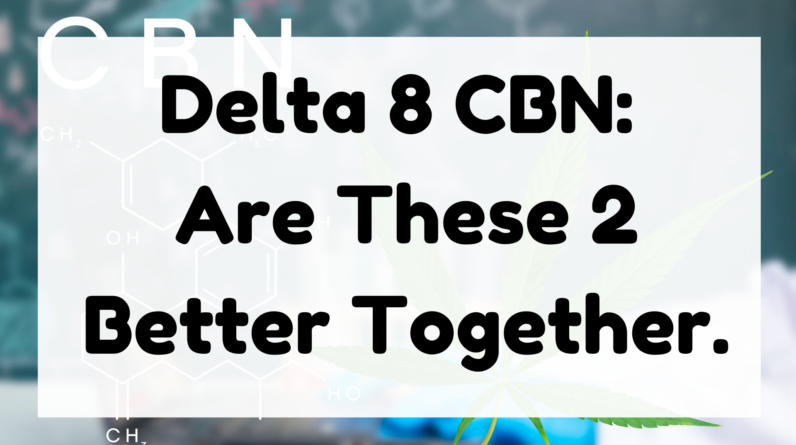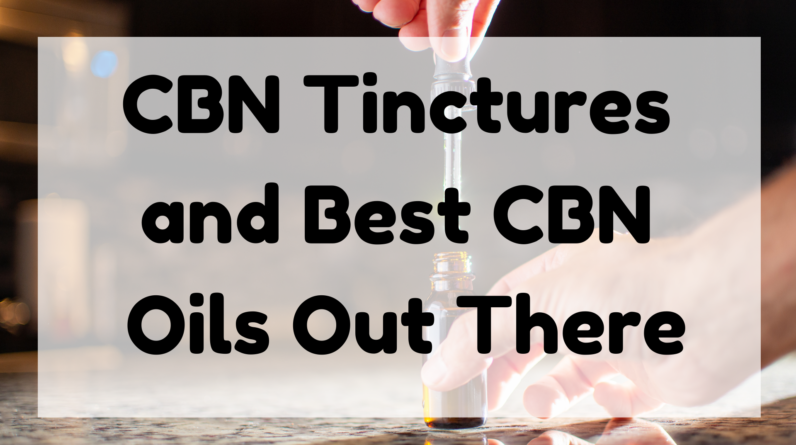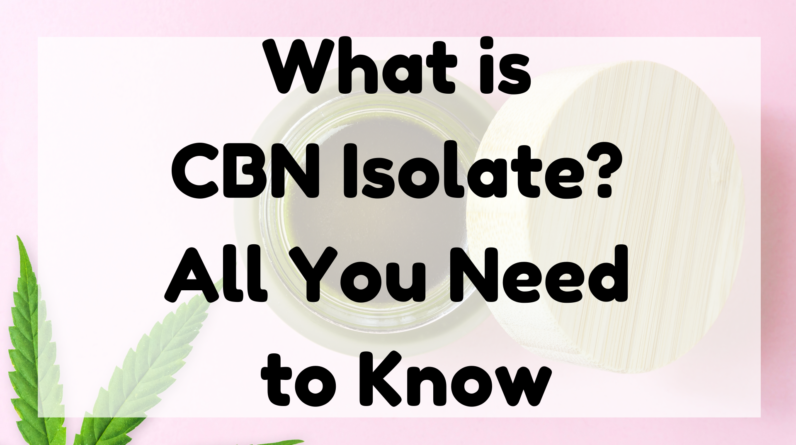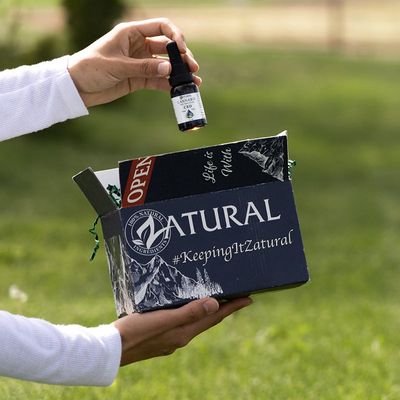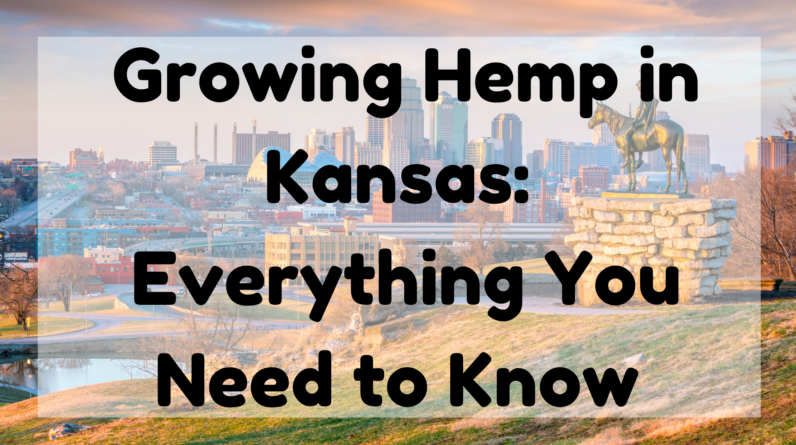
Growing Hemp In Kansas: Everything You Need To Know
Kansas farmers are considering hemp.
Most of our hemp experiences undoubtedly derive from our local high-end grocery store’s natural goods area, but hemp is more than a lip balm ingredient.
Hemp has been used to manufacture everything from paper and ropes to biodegradable plastics and fuel since first introduced to the Americas in 1606.
It’s now one of the most profitable crops globally, which might bode well for Kansas real estate.
Let’s find out everything about Growing Hemp in Kansas.
Current Situation on Hemp Legality in Kansas
Hemp is currently legal in Kansas, but farmers are worried about Kansas Hemp Laws.
Though many Kansas farmers produced hemp to support the war effort in the 1940s, it was rendered illegal after WWII, which is why it’s sometimes seen growing wild near creeks and streams around the Sunflower State.
Hemp was not made legal on a federal level until 2018 when senators enacted the Farm Bill of 2018.
In Kansas, growing hemp in commercial amounts is still banned, except for academic research, but that could change soon.
According to the Wichita Eagle, Kansas farmers planted 3,786 acres of hemp in 2020, nearly 1,000 acres higher than in 2019.
2018 Bill for Hemp Growth in Kansas
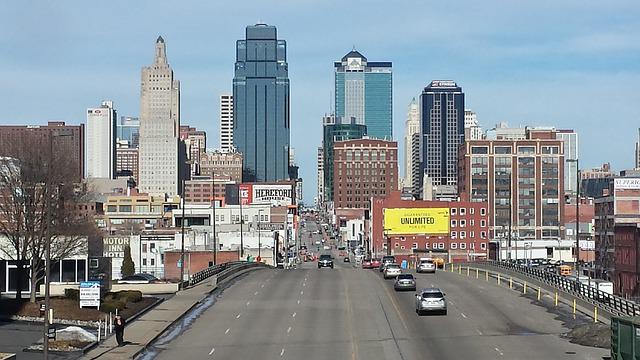
The rules for any farmer who wants to cultivate hemp commercially in Kansas are in place.
Hemp Legality in Kansas was restricted to specific research projects for the first two years.
Still, now that federal lawmakers have passed the 2018 farm bill, it is feasible to produce industrial hemp commercially.
The Kansas Department of Agriculture hosted a virtual public hearing on Is hemp legal to sell in Kansas? on January 20.
Rather than the Alternative Crop Research Act, the revisions affect the Commercial Industrial Hemp Act.
If no objections are submitted, the draughts regulations will be published in the Kansas Register and become law.
“We had to develop a strategy, have it USDA-certified, and go through a procedure we completed in the second week of January 2021.”
“Today’s (January 20) hearing was just one piece of the puzzle that includes Kansas Hemp Laws,” said Heather Lansdowne, a Kansas Department of Agriculture spokeswoman.
The regulations’ first section outlines the terminology that must be adjusted to move from the previous research program to the commercial program.
A description of the industrial hemp program was also adopted, with an effective date of January 8.
The standards include answers for questions like “Can you grow hemp legally in Kansas,” “Is hemp legal to sell in Kansas,” and “Hemp legality in Kansas,” as well as a license for creditors who need to seize industrial hemp.
Commercial Industrial Hemp Program
In various aspects, the Commercial Industrial Hemp Program differs from the preceding Industrial Hemp Research Program.
According to Braden Hock, the Kansas Department of Agriculture’s industrial hemp supervisor, those seeking a commercial license do not submit a proposal for examination and approval by an advisory group, unlike those seeking a research license.
According to the commercial program, “a license is required to cultivate or produce industrial hemp for business reasons,” but “licenses are not required for a licensee’s employees, agents, contractors, or volunteers.”
Do You Need a License To Grow Hemp In Kansas?
Each person applying for a permit to develop or produce industrial hemp must submit to fingerprint-based state and national criminal history record checks.
This ensures that they’ve not been found guilty of a federal or state felony controlled substance defilement in the previous ten years, similar to the research program.
The programs have similar land-use criteria but no acreage limit with a commercial license.
Producers are only required to obtain a license for the locations where they grow or cultivate hemp.
The state has not yet approved a variety list.
Kansas legislation restricts growers to using only permitted industrial hemp seed or clone plants.
The Effect of Hemp on Kansas Real Estate
Ag insurers and Ag-lenders were permitted to legally issue guidelines to hemp-hopeful farmers thanks to the Farm Bill of 2018.
Rich Kansas farmland could experience a sharp gain in value, given that the global hemp market is predicted to grow by 15.8 percent over the next several years.
Furthermore, it has the potential to attract much well-paying employment to Kansas, resulting in an influx of potential homebuyers.
According to Joy Beckerman, President of the Hemp Industries Association, “Hemp will dwarf marijuana in terms of jobs.”
Let’s hope Kansas real estate keeps up with the rest of the state!
Blue Bayou Hemp Oil Tinctures
Tinctures of Blue Bayou Hemp Oil are a terrific way to supplement your CBD regimen.
Their Natural flavor has the full flavor of a hemp plant, while the Berry and Peppermint tastes are made entirely of natural ingredients.
Blue Bayou makes it simple to discover the right Hemp Oil Tincture for you by offering a range of strengths and flavors.
This tincture comes in a dropper container with a 30ml capacity for simple pouring.
To make this product part of your CBD regimen, they only employ the finest quality ingredients.
Important Points to Remember: 3 Fantastic Flavors: Peppermint / Berry / Natural.
The Food and Drug Administration has not reviewed these statements (FDA).
These items are not intended to diagnose, treat, or cure any illness or medical problem.
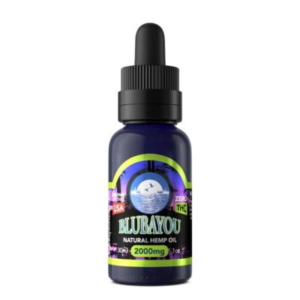
The Economics of Hemp
The KDA ( Kansas Department of Agriculture) advocated in their documents about Kansas Hemp Laws and that hemp be converted from an exclusively educational crop to a commercial one.
According to KDA documents, this decision will benefit Kansas’ economy in the long run because industrial hemp has a wide range of applications.
However, because industrial hemp is a new crop in Kansas, there is still ambiguity about the market and output.
Kansas expects to receive 220 applications to produce industrial hemp next year.
A $100 application cost, $1,200 licensing fee, $200 registration fee, and $225 laboratory testing fee must be paid by each farmer.
The farmer pays $47 for each criminal background check.
In addition to solid farming practices, Kansas weather is always a challenge.
Market instability for CBD and CBN and hemp for fiber continue to influence profitability majorly.
References
- https://www.google.com/url?sa=t&source=web&rct=j&url=https://www.kansas.com/news/article233460422.html&ved=2ahUKEwjOn465sPX2AhVLgf0HHTc7DecQFnoECB8QAQ&usg=AOvVaw3yR6cJFuG4wPkRebpVLEqq
- https://www.google.com/url?sa=t&source=web&rct=j&url=https://kansaslivingmagazine.com/articles/2021/11/17/growing-hemp-in-kansas&ved=2ahUKEwjOn465sPX2AhVLgf0HHTc7DecQFnoECB0QAQ&usg=AOvVaw1b05l3_ZOgVkw2vjbVvI_x
NEXT Hemp Lip Balm Benefits
Legal and Medical Disclaimer
Information provided on the site is for educational purposes only, and does not substitute for professional medical advice.
You MUST consult a medical professional or healthcare provider if seeking medical advice, diagnoses, or treatment.
Additionally, you must consult your local and federal laws regarding the legality of buying CBD and THC products.
We do not provide any legal advise.


